Learn how to choose the right tent for any season. In our article, you’ll find recommendations on materials, seasonal features, size, capacity, as well as tips on setup and maintenance. Prepare for your adventures with comfort!
Choosing Tent Materials: What to Pick?

When selecting a tent, it’s important to pay attention to the materials from which it is made. The most common options are polyester and nylon, which have different water resistance and breathability characteristics. Polyester is more affordable but may be less durable in strong winds, while nylon offers higher durability but comes at a higher cost.
Additionally, consider the tent’s coating. Silicone coatings provide excellent water resistance and lightweight but can be more challenging to repair. PVC coatings, while heavier, can withstand greater loads and are very durable. When choosing a material, consider your needs and budget.
No less important are the seams and their treatment. Sealed seams can prevent water penetration during rain, which is especially important for extended trips. Always read reviews and recommendations to find a tent that won’t let you down.
Seasonal Features of Tents
Each season has its requirements for tents. For summer camping, lightweight tents with good ventilation are suitable, ensuring comfort even in the heat. Choosing a tent with large windows and excellent breathability will help avoid overheating on hot days.
During winter, it’s essential to focus on tents that can withstand heavy snowfall and winds. Special winter tents have reinforced structures and additional features for improved insulation. The more winter trips you plan, the more robust the model you should choose.
Autumn and spring tents should be versatile enough to handle unpredictable weather conditions. It’s important that they have waterproof features, but good ventilation is also crucial, as this time of year can bring both rain and warm days.
Size and Capacity: How to Avoid Mistakes?
The size of the tent depends on the number of people and the gear you plan to take. If you’re traveling with a group, choose tents with a capacity one or two people larger to allow room for gear and comfortable resting. Versatile models with expansion options can also come in handy.
Don’t forget about the tent’s height. If you plan to spend a lot of time inside, it’s important that you can stand upright. This is particularly relevant for tents where you will be cooking or spending evenings with friends.
Recently, compact tents that are easy to transport have become popular, but their capacity can often be limited. Before making a choice, ensure you can fit all your necessary equipment without feeling cramped.
Setup and Maintenance of Tents
The ease of setting up a tent is a crucial factor, especially if you plan frequent moves. Many modern models have intuitive fastening systems, allowing you to quickly set up and take down the tent even by yourself. Study the instructions and recommendations to avoid issues in the field.
Maintaining your tent also plays a key role in its longevity. Regularly clean the exterior from dirt and snow, and check the seams’ condition. Additional water protection products can help maintain waterproofing and prevent mold growth.
Don’t forget about storing your tent after use. It’s important that it is completely dry before packing, or you risk damaging the material. Avoid storing the tent in damp conditions, as this can lead to fabric deterioration.
Цікаві товари для рибалки
-
 Ultrasonic Mosquito Repellent Bracelet with Watch
Ultrasonic Mosquito Repellent Bracelet with Watch -
 30L Camping Cooler Bag – Water-Resistant, Durable Polyester
30L Camping Cooler Bag – Water-Resistant, Durable Polyester -
 Cold accumulator for a thermal bag of 200 ml, compact cooler
Cold accumulator for a thermal bag of 200 ml, compact cooler -
 JSFUN Bite Alarm for Carp Fishing, Day and Night Outdoor Use
JSFUN Bite Alarm for Carp Fishing, Day and Night Outdoor Use -
 A chic shoulder bag for leisure and an active lifestyle
A chic shoulder bag for leisure and an active lifestyle -
 Black waterproof thermal socks XL (42-43)
Black waterproof thermal socks XL (42-43) -
 Ultralight warm 0-10°F sleeping bag – comfortable and waterproof
Ultralight warm 0-10°F sleeping bag – comfortable and waterproof -
 Long-sleeved thermal jacket L(50) for active recreation
Long-sleeved thermal jacket L(50) for active recreation

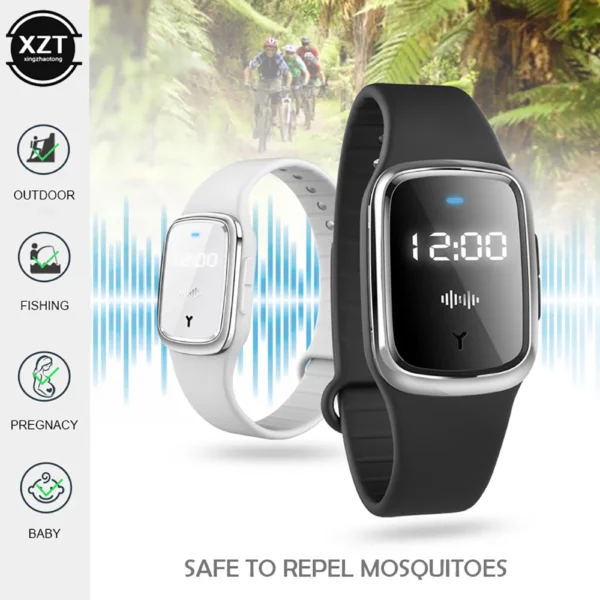
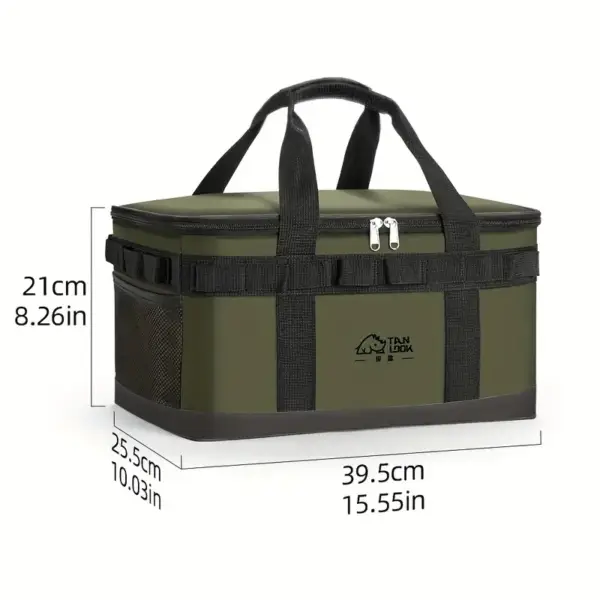
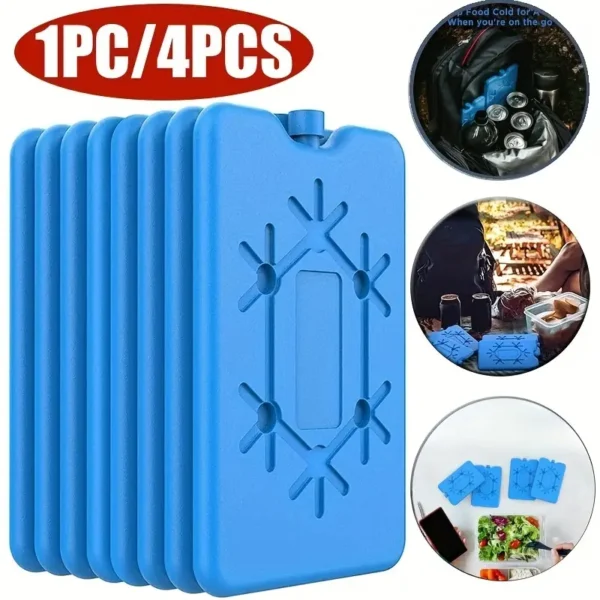
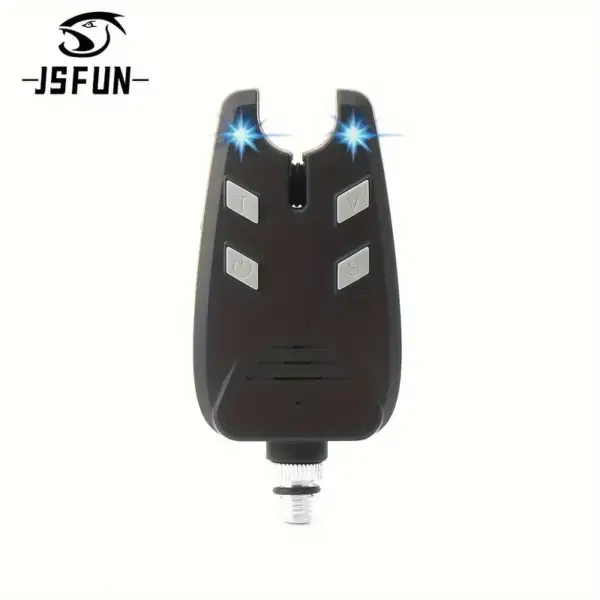
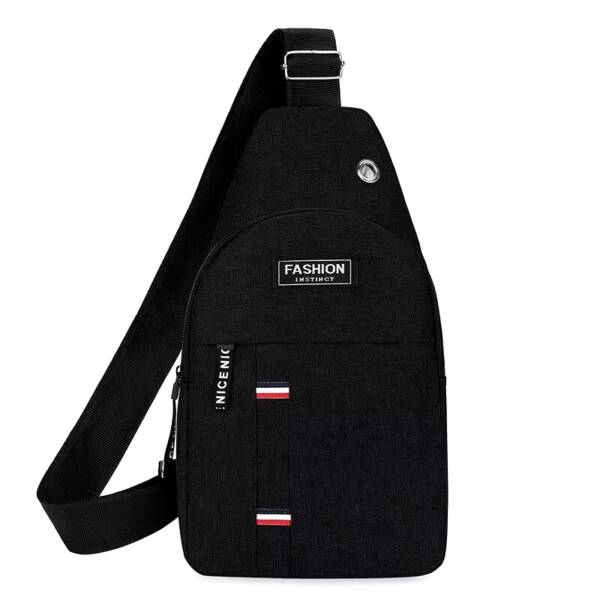

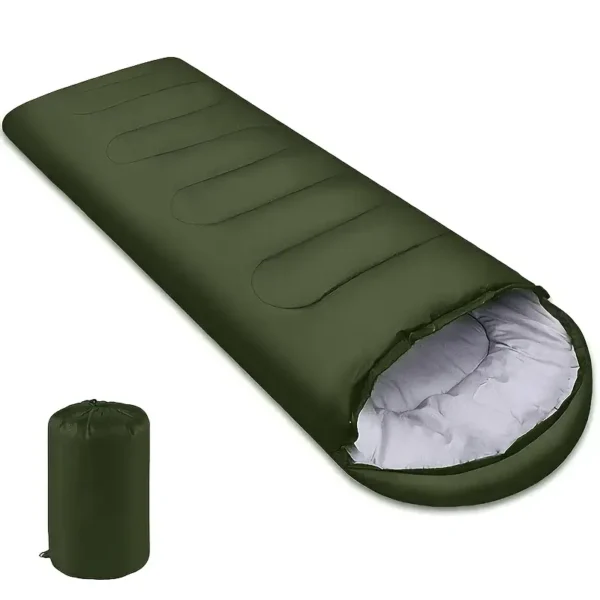
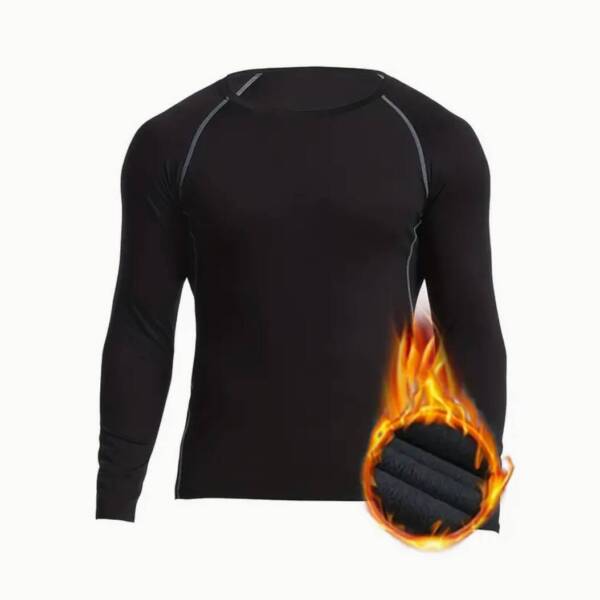
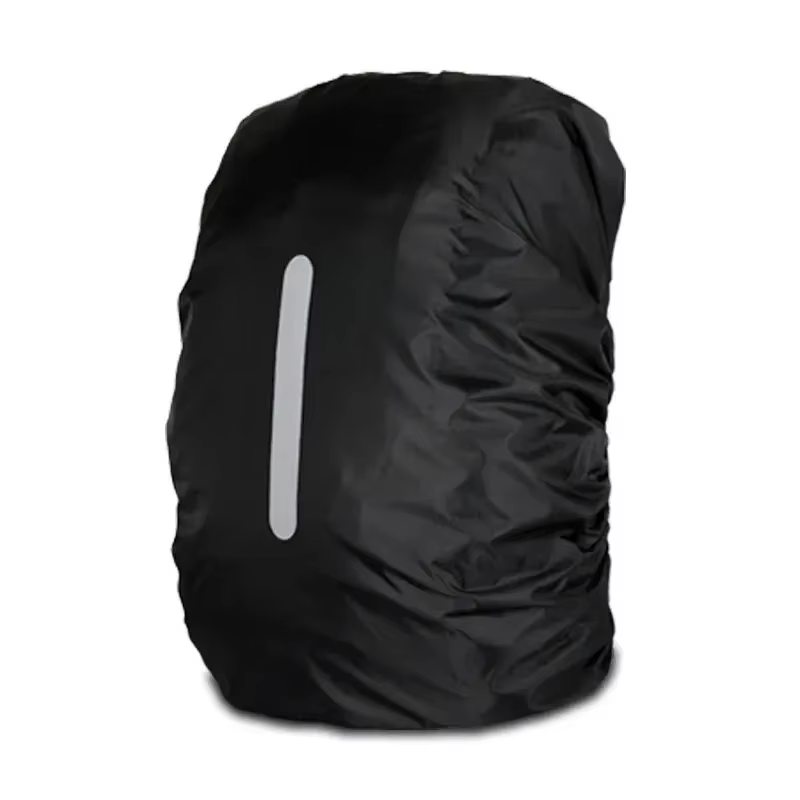



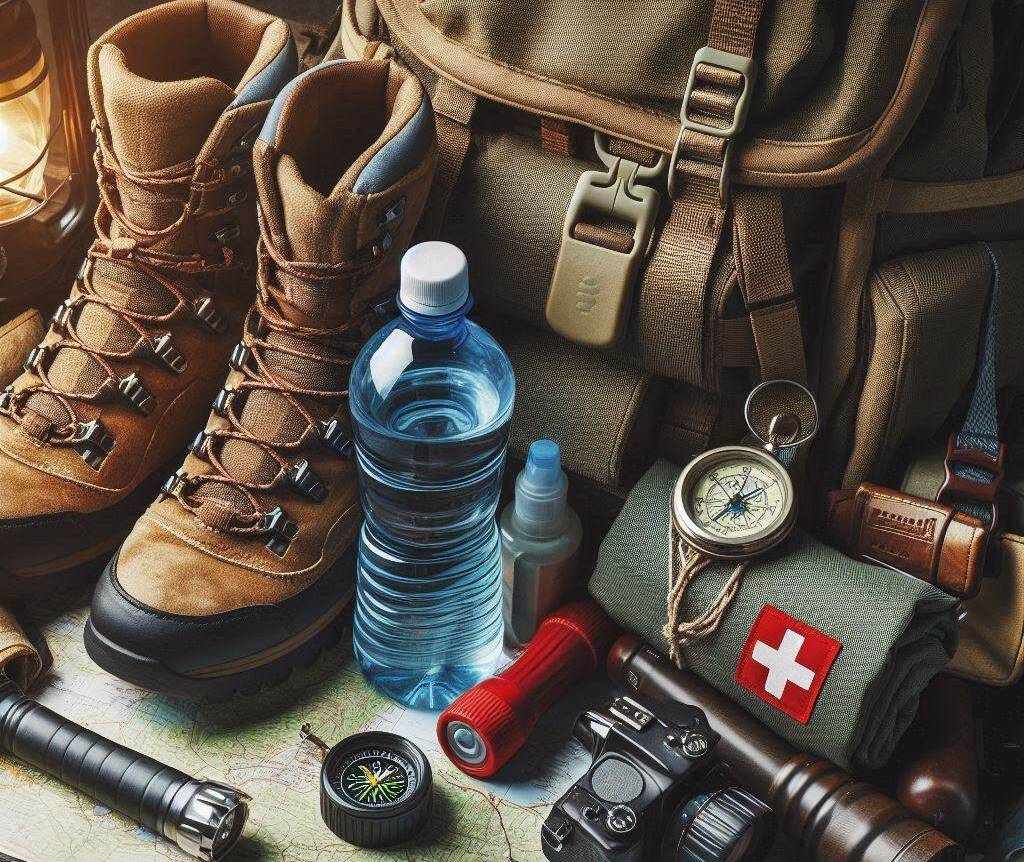

Leave a Comment
Your email address will not be published. Required fields are marked *